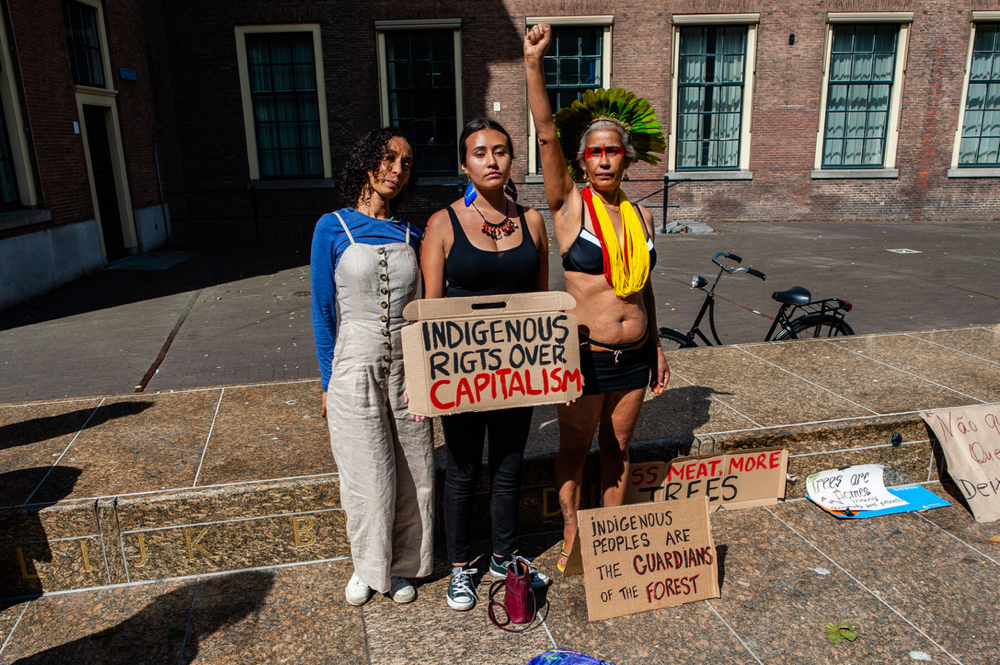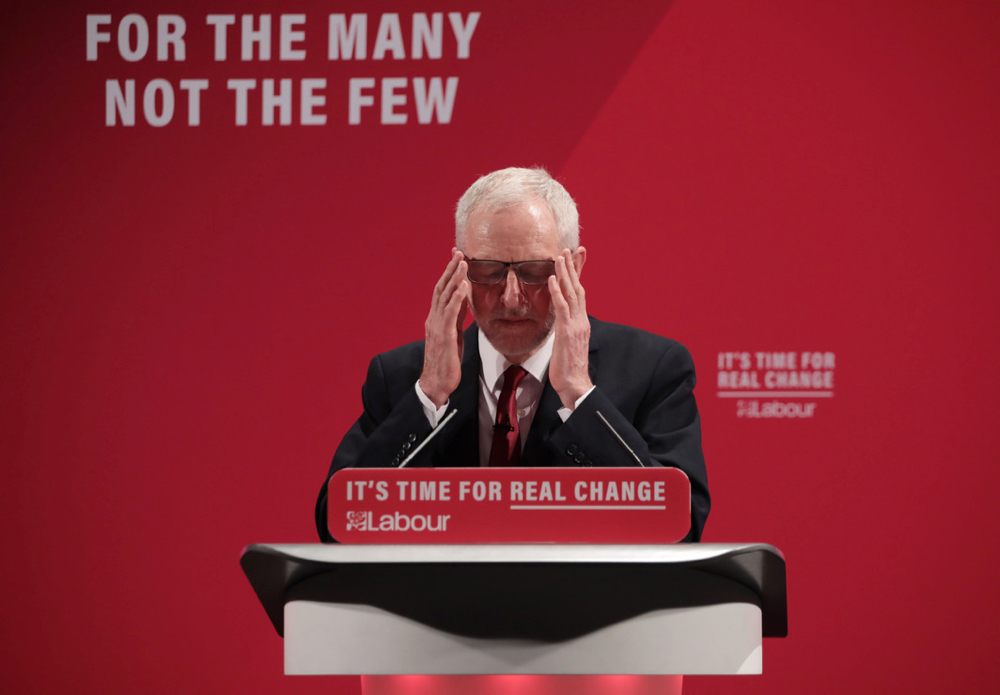Let's take seriously for a moment the idea that lies behind calling the result of the 2016 Brexit referendum "the will of the people". It presupposes some sort of collective mind, which can think through all the options and make a decision. Theresa May immediately interpreted the 52-48 per cent vote in favour of leaving the European Union as if it was 100 per cent for Leave. But when she asked the collective mind if that was what it wanted, in her 2017 general election campaign, she promptly lost her majority.
So the collective mind was indicating to her that she had misread the will of the people. It was a lot more hesitant and uncertain than that imagined 100 per cent result implied. Indeed, the will of the people was that the Parliament that emerged from the 2017 election contained far more Remainers than Leavers. The message was: "Proceed with great caution; we are not at all sure Brexit is such a good idea after all. See if you can find a way that works; if not, forget it."
I have an intuition that electorates are far more sophisticated than we give them credit for, and they use feedback to fine tune their wishes and intentions to get the result they are happiest with (or least unhappy). If one party is building up too big a lead than one that matches the will of the people, the collective mind of the electorate makes an appropriate adjustment the other way. I can feel myself being part of that process already, as the 2019 election campaign unfolds. I will vote for a hung Parliament.
We know that opinion polls over the last year have consistently shown a majority in favour of remaining in the EU. Yet polls also show a majority in favour of Boris Johnson, whose version of Brexit is a good deal harder than Theresa May's. It is a majority over Labour, though, not over all the other parties. Add their polling scores together, and they outvote Mr Johnson's Conservatives by some distance. In other words the collective mind is already working out how to reflect that pro-EU preference in the final distribution of Parliamentary seats when the election results are counted.
The collective mind doesn't want to leave the EU, but it distrusts Labour's radical programme not least because it distrusts the people who will be implementing it. Labour's front bench team, least of all the team leader, does not inspire confidence, or not enough of it to justify the leap of faith which the Labour manifesto calls for. So how does the electorate shape the result to reflect its will?
Vote massively Tory and get Brexit done? That is not what the will of the people is right now. Vote hugely for Labour, and hand the reins of power to a second-rate left-wing clique with Trotskyist inclinations? Nor is that. I believe it will arrange a result that blocks Brexit, but then blocks most of the radical proposals that Labour's manifesto is offering.
In other words the collective mind wants a weak and unstable Labour minority government that can organise a second referendum and then conspire to lose it (ie letting Remain win it), and can then be toppled in a year or two – rather as Mrs May's was toppled. And that means a hung Parliament. Labour doesn't even have to be the largest party. It merely has to have the minimal support, called "confidence and supply", of the majority of non-Tory (that is to say anti-Brexit) MPs in the new Parliament.
It will have to find a political consensus on every issue it faces. And it will have to find a Labour Party leader who is acceptable to the Lib Dems and the SNP. (And it will not be one of Labour's left-wing valkyries.) And that I believe is just what the will of the people will be looking for.
There is plenty of scope. Enable modest increases in public spending except for a massive dose of dosh for the NHS, especially in pay rises to fill the huge number of nursing vacancies. Allow a publicly owned train company to bid for train operating franchises when they become vacant, so the rail system is stealthily renationalised bit by bit. Press downwards on the charges and prices to consumers levied by the energy and water companies, so they become unprofitable and ready to be taken over by, or merged with, a State-owned rival. And so on. A policy of "let's see how it goes" rather than "the Promised Land tomorrow".
It may be all this is far too optimistic an assessment of collective decision-making, that there is no collective mind forming "the will of the people", and all we can look forward to really is just muddle, confusion and chaos. But at least let us see if the collective mind is awake, and if the will of the people can manifest itself on December 12. The alternative is Brexit by Christmas, and Boris for ever after.



 Loading ...
Loading ...
What do you think?
You can post as a subscriber user ...
User comments (1)
Clifford Longley